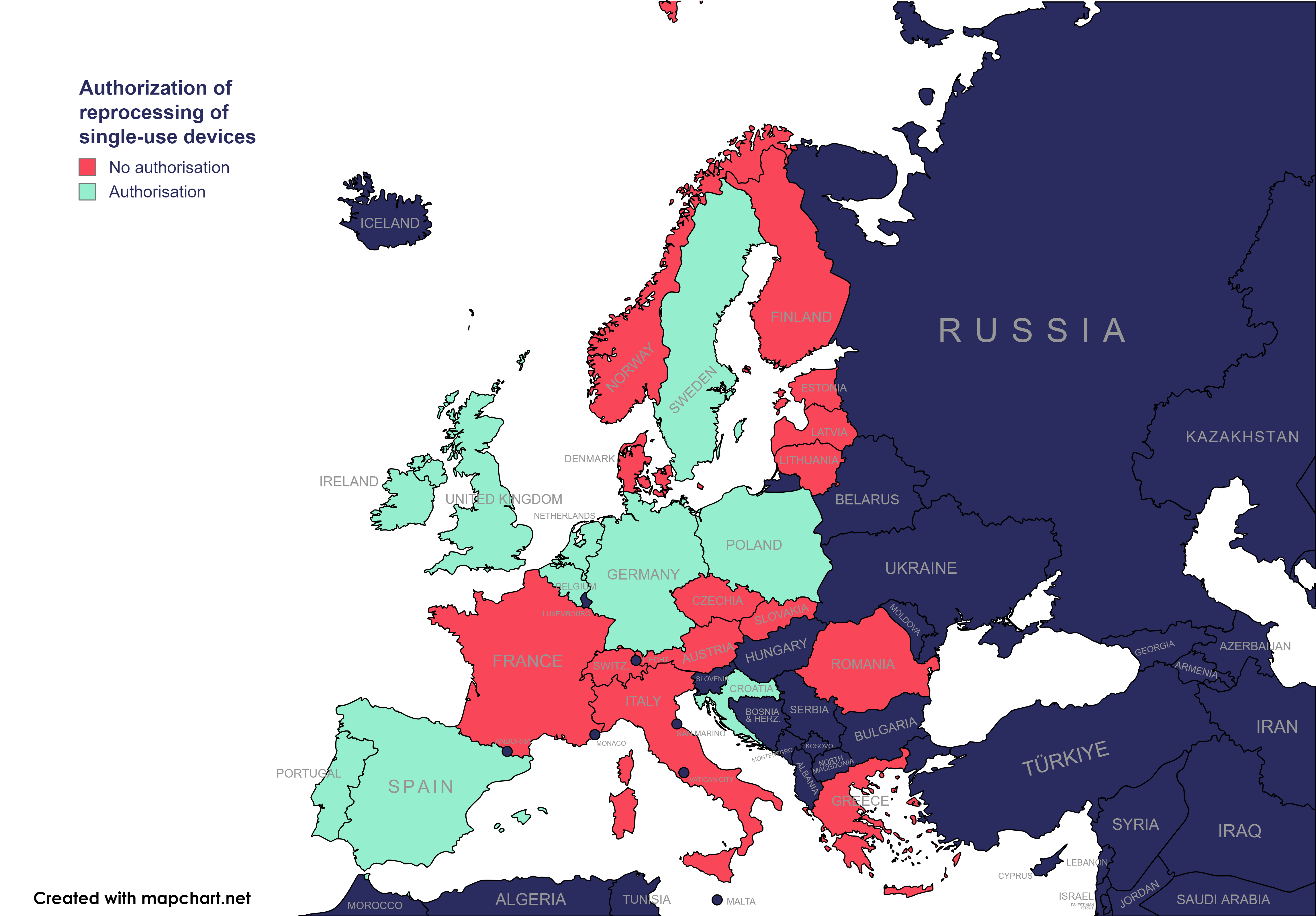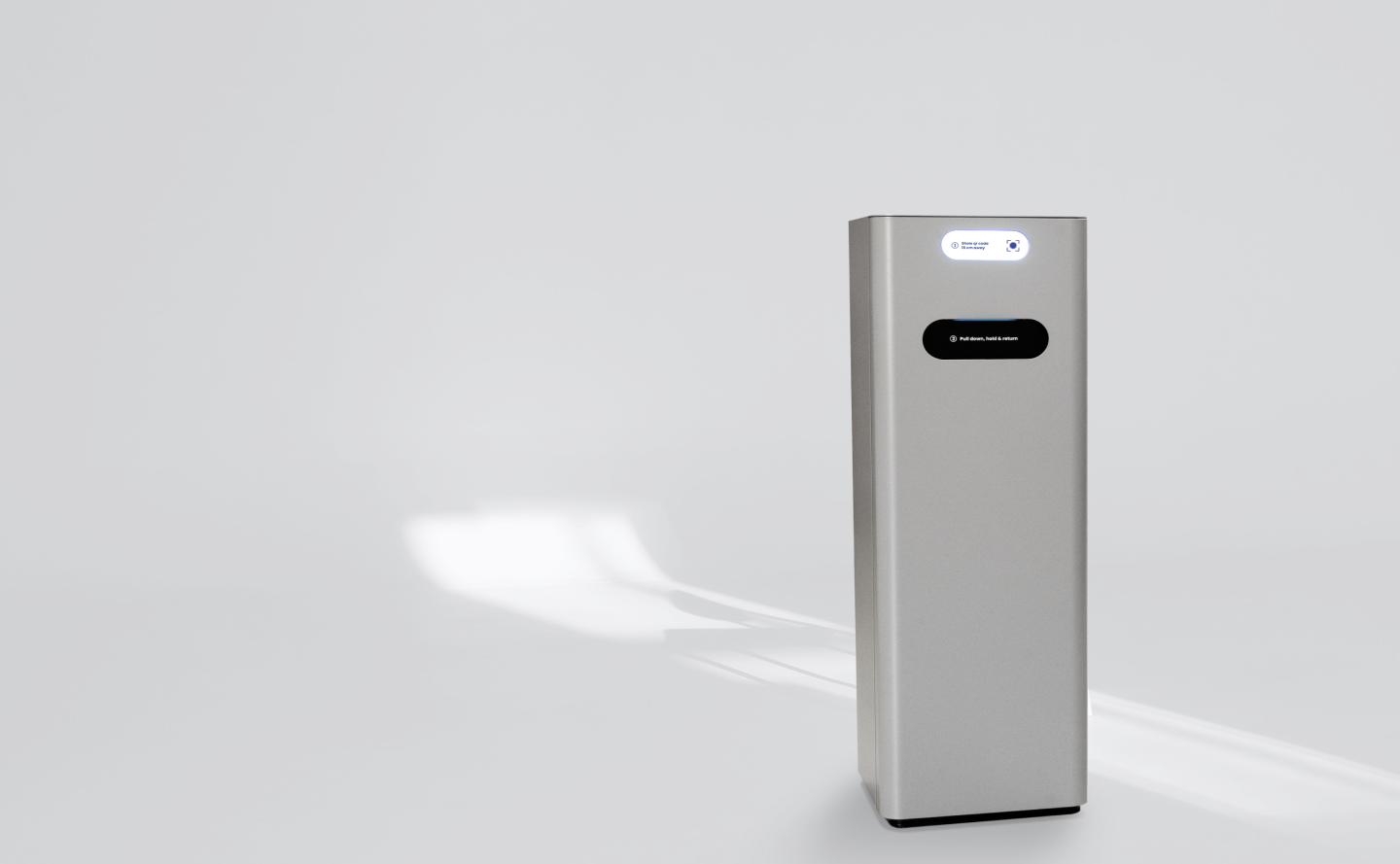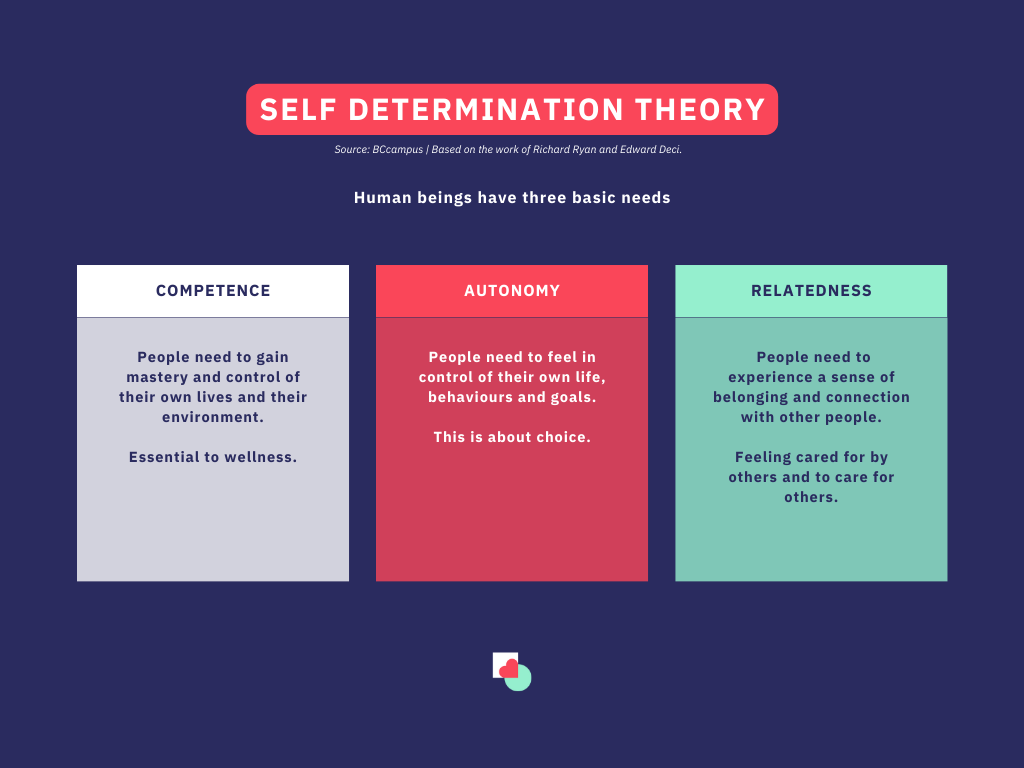Digital Health in the Circular Economy (DiCE) project was created to bring key stakeholders together to address the environmental challenges associated with the growing use of digital healthcare products. DiCE will support the transition from a fragmented and linear “take-make-waste” business model for digital healthcare products towards a circular and sustainable one, allowing the reuse of products and recovery of components and raw materials.
In this newsletter you will find the most recent updates on the project.

Third consortium meeting in Maribor
Between 9 and 13 October partners from across Europe gathered to share updates and discuss the future of circularity in digital health. Hosted by the dynamic team at RRA Podravje-Maribor, the meeting was an inspiring blend of knowledge-sharing, workshops, and idea generation.
Literature review and exploratory field study for existing circular business models
Our report detailing the results of the literature review and field analyses on current state-of-the-art circular digital health business models across Europe and beyond, with a specific taxonomy and templates for (inter)national implementation is now available online!
Best practices and barriers to circularising digital health devices
Our report presenting a comprehensive overview of the best circular digital health devices in the world alongside barriers that hamper the circularity of many digital health devices, and a list opportunities for improvement (based on fast track life cycle analysis and circularity assessment) has been published.
Brought to you by our researchers
Gain insight into our experts', scientists' and researchers' work through their articles available below! Aimed at educating our audience on circular practices, behavioural science, sustainable e-waste management and more, we set out to create a regularly updated knowledge base available on our website. See the most recent publications here below.

Are EU regulations ready to allow circularity in digital healthcare devices?
Brought to you by Sonia Valdivia, Adrien Specker from World Resources Forum and Maria Anta from the WEEE Forum
Improving circularity is becoming essential and a crucial step in business practices not only due to regulatory and social pressures, but also due to growing supply chain risks and increasing costs of critical and strategic raw materials and end-of-life services.
International standards play also a key role in harmonising processes towards the recovery of resources. The recently published ISO 59020 standard on Circularity Indicators and the upcoming ISO 59014 on Sustainability and traceability of secondary materials recovery are also worthwhile to be considered. These standards have been developed following a multi-stakeholder-based approach with a strong and active participation of National Standardisation Bodies including the European delegations.
A key question is to what extent these directives and regulations contribute in practice to the circular flow of resources in the context of single-use digital devices.
The ‘Digital Health in the Circular Economy’ (DiCE) project aims to shed light on this question, given that the healthcare sector must transition from a single-use and make-use-dispose mentality to a circular economy vision. Main circular pathways covered by DiCE include reuse and reprocessing the devices or recycling of materials.

Smart collection, its significance and necessity
Brought to you by Daniel Millet from GRIN
Inspired by the traditional reverse vending machines and realising that these types of solutions would be needed for far more product categories than just bottles and cans in a truly circular society; GRIN set out to develop smart collection systems that can be used to collect a wide range of other product categories.
As part of DiCE, GRIN is leveraging its know-how and experience from these sectors to develop and deliver a smart collection system for medical devices. This includes smart collection boxes and related digital solutions and software. These solutions will be tested in the large-scale pilots to gain further knowledge about the specific requirements and solutions needed to scale up collection of a wide variety of medical devices and products, also beyond the specific digital devices
within the scope of DiCE.
The need to include the healthcare pathway in sustainability assessments
Brought to you by Erasmo Cadena, Lieselot Boone and Naomi Muindi from Ghent University (UGENT)
The technological revolution has played a crucial role in various sectors, including healthcare. Consequently, the use of digital health devices has increased significantly in recent years. These types of devices can be used as alternative solution to traditional healthcare equipment, offering reliable diagnostics, self-monitoring capabilities, improved patient comfort, and less invasive procedures. But while they offer great benefits, the sustainability impact of these devices is not yet fully understood.
Resilience and digital technology
Brought to you by Attila Márton, Andreas Wieland, Christiane Lehrer from Copenhagen Business School
Digital technology is arguably the most important enabler of the circular economy. Digital sensors, for instance, are necessary for tracking the movement of products and resources, while large-scale information systems are needed to manage incredibly complex supply ecosystems. Of course, digital technology also brings its own issues. Just consider how the tech sector is a major consumer of rare resources and producer of e-waste, or how our carbon footprint is escalating because of the current AI (artificial intelligence) boom.
Without minimising these issues, we want to dedicate this post to a more fundamental problem that comes with digital technology – our tendency to use it as a quick-fix for short-term gains, which undermines the resilience of complex supply ecosystems long-term.
How (digital) nudges shape sustainable behaviour
Brought to you by Hüseyin H. Keke from Ruhr-Universität Bochum
As humans, we make numerous single and complex choices every day. Our decisions are influenced either by unconscious thoughts and ideas, or by careful thinking. Our choices are neither random or neutral but ceaselessly shaped by our social environment and how they are presented to us. Various policies exist to influence people’s behaviour and choices: some are direct, like mandates, bans, or economic incentives such as subsidies or taxes while others are more subtle, allowing people to make their own choices all the while still steering them in a particular direction.

Why is behavioural science crucial to sustainability?
Brought to you by René Luigies from Games for Health
The crucial challenge is how we can motivate people to change behaviour now for the benefit of future generations. For some, but likely not for a large population, it will be intrinsic motivation to adapt their behaviour, e.g. for parents with children. However, if we focus on the healthcare sector, in all respects, it is bonded to strict protocols, regulations, procedures, experience and habits, all for the safety of the patients. On top of that, when considering the transformation of the healthcare system, history proves that it is extremely difficult to change it. The implementation of digital online consultations, for example, was way behind expectations. It accelerated only due the pressure of the Covid-19 pandemic and the number of online consultations has been decreasing ever since life returned to “normal”.
Sharing is caring
Do you know someone in your local network who would be interested in the outcomes of DiCE? Click here to download our leaflet in Slovenian, Flemish or Spanish. English speakers are no exception either, find your copy here! All interested parties are also invited to register to the DiCE network!👇
Join our network!
Stakeholders’ contributions are crucial for the project! Our goal is to create a network that will provide feedback to enable us to understand end user needs, collect data, test outcomes and raise awareness through sharing results.




